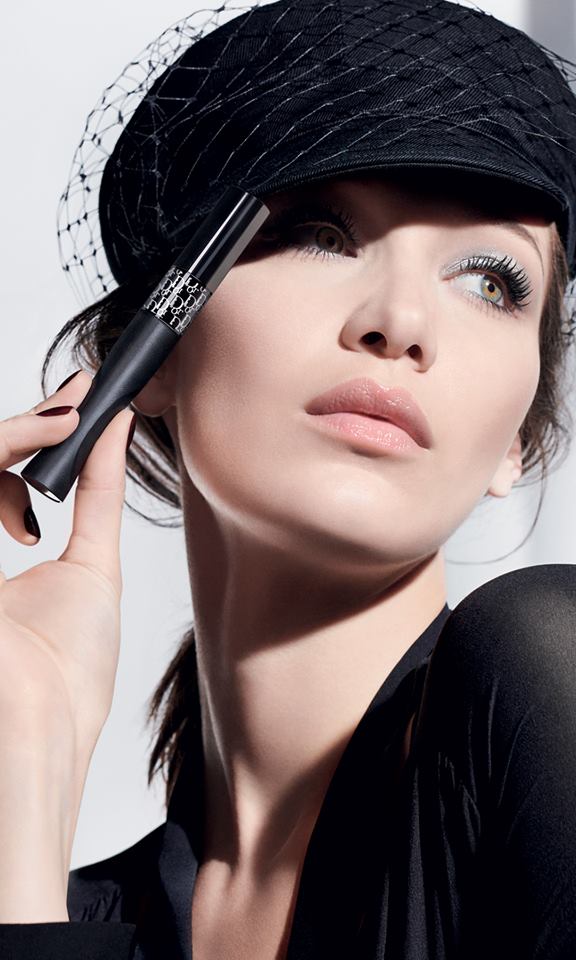Adidas, Reebok and H&M are among the brands leading the way when it comes to transparency in their supply chain, a new report has found. The Fashion Transparency Index has rated 200 of the world’s biggest brands (chosen on the basis of annual turnover representing more than $500m) based on their public disclosure of “policy and commitments, governance, supply-chain traceability, supplier assessment and remediation, and new ‘spotlight issues’ covering gender equality, decent work, climate action and responsible consumption and production”.

Out of a total of 250 points that were then converted into percentages, Adidas, Reebok, Patagonia, Esprit and H&M scored the highest in the 61-70% range. Well-known brands in the 51-60% range included Asos, Marks & Spencer and Gap. Gucci and Bottega Veneta – both owned by the Kering group – were the highest-scoring luxury brands in the report, both coming in the 31-40% overall range, although they achieved 100% in the policy-and-commitments and governance areas of analysis.
The biggest improvers since last year are Dior, which is up 22%, Sainsbury’s and Nike, at 21%, New Balance, at 18% and Marc Jacobs, at 17%.
At the lower end of the spectrum, the 0-10% range features 72 out of the 250 brands – the most densely populated range by far. Within this, the report identified the five brands that scored 0% this year (down from nine in 2018) as Elie Tahari, Jessica Simpson, Mexx, Tom Ford and the Chinese menswear brand Youngor.
“There is still a lot of work to be done,” says the policy director and report author Sarah Ditty in the index, highlighting that it was developed as “a tool to scrutinise what major fashion brands disclose about their human rights and environmental policies, practices and impacts”. Ditty’s team conducted the research for the report between December 2018 and this month and she believes inclusion in the report – and the published progress – has encouraged brands to be more transparent.
“Detailed information about the outcomes and impacts of their efforts is still lacking. The average score amongst the biggest fashion brands and retailers is just 21%, showing that there are still far too many big brands lagging behind. Major brands are disclosing very little information and data about their purchasing practices, which means that we still don’t have visibility into what brands are doing to be responsible business partners to their suppliers.”
The first report, in 2017, looked at 100 brands; 50 were added last year, and another 50 this year. The team hopes to do the same for 2020. Among the brands reviewed in all three annual reports, the report states that there has been a 8.9% increase in the average score, with 2019 marking the first year that any brand as scored more than 60%.
The report, which states it doesn’t want “beautifully written, empty words of vision and commitment” from brands, but “real tangible information”, coincides with the sixth anniversary of the collapse of the Rana Plaza in Bangladesh which saw 1,138 garment workers killed. It also comes as Fashion Revolution week gets underway, which is designed to raise awareness among consumers and encouraging them to ask the question: “Who made my clothes?”
“The Fashion Transparency Index has been a useful tool for opening up conversations with the world’s largest fashion brands and retailers about what they can do to be more transparent,” states the report. “We believe this is the first step in holding these big brands to account for the human rights and environmental impacts of their business practices.”
guardian.co.uk © Guardian News & Media Limited 2010
Published via the Guardian News Feed plugin for WordPress.


